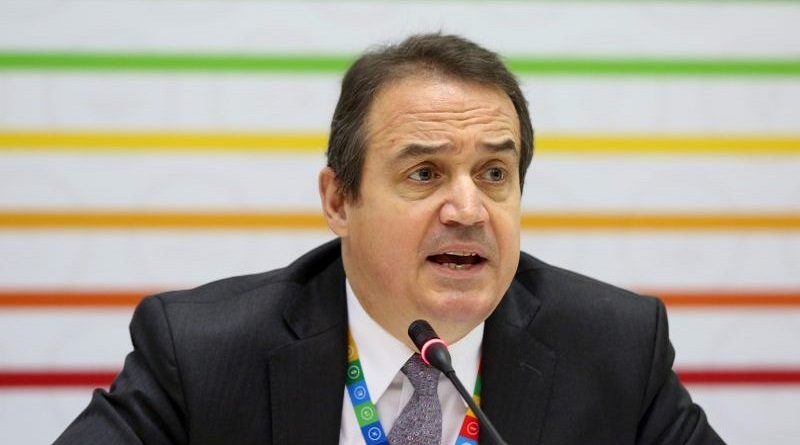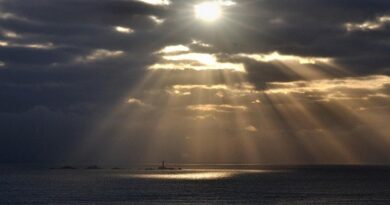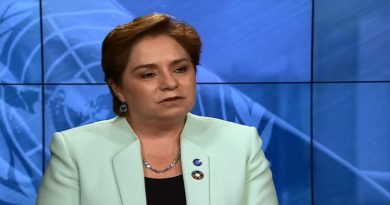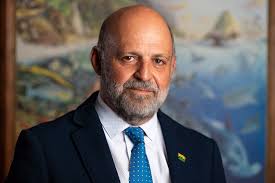GCF portfolio reaches $11.3 bn with new climate projects approved by the Board
The Green Climate Fund (GCF) Board concluded its 34th meeting, the fourth and last Board meeting of the year. The in-person meeting, held in Incheon, Republic of Korea, approved nine new climate projects worth USD 544.1 million in GCF funding and USD 1.7 billion with co-financing. With the new projects, GCF’s portfolio now comprises 209 projects and programmes and stands at USD 11.3 billion in GCF resources and USD 42.4 billion with co-financing.
In line with GCF’s efforts to increase access to its resources, the Board adopted an accreditation strategy, renewed its accreditation partnerships with five organisations, and accredited the Zambia National Commercial Bank Plc (ZANACO) as a new partner to the Fund.
Progress was made in the ongoing review and update of the strategic plan for GCF’s second programming period of 2024 to 2027 (GCF-2) with discussions on the timeline and work plan. Exchanges were held on GCF’s programming direction, including a presentation by the Independent Evaluation Unit on its summary findings of GCF’s Second Performance Review, which fed into the discussions. Germany expressed its interest in hosting the pledging conference next year for GCF’s second replenishment.
The Board adopted a policy to minimise the effect of currency fluctuations on GCF’s commitment authority, which is the amount of resources available for funding decisions. In addition, the 2023 work plans and budgets of the Secretariat and the independent units were approved, as well as the appointment of Andreas Reumann as the new head of the Independent Evaluation Unit. The Board also agreed to develop a new salary structure for the Fund, as well as updating the existing salary scales.
Finally, the Board meeting was the last one for the Co-Chairs, Tlou Emmanuel Ramaru from South Africa and Jean-Christophe Donnellier from France, who complete their terms on 31 December 2022.
Co-Chair Tlou Emmanuel Ramaru stated: “I thank my fellow Board members for their collaborative spirit. Together, we accomplished in raising GCF to higher levels. As we close the last Board meeting of 2022, I’m pleased to see GCF’s support for climate action in developing countries has grown to 209 projects and USD 11 billion in GCF resources. I’m also pleased to see strides were made in many fronts, with several policies and frameworks put in place to help increase access of developing countries to GCF resources. This will put GCF in good standing for its second replenishment.”
Co-Chair Jean-Christophe Donnellier said: “The productive discussions at this Board meeting indicate that GCF continues to mature as an organisation with continuous improvements in the implementation of its portfolio and accompanying Board policies, such as its accreditation model. I’m also encouraged by the rich discussions on GCF’s climate ambitions and long-term vision, which provide the first bricks of the updated strategic plan for 2024-2027, which is critical as we look ahead to GCF’s second replenishment.”
GCF Executive Director Yannick Glemarec stated: “This board meeting was extremely productive with the adoption of several policies. We will enter 2023, the final year of the GCF-1 programming period, with significantly evolved policies and modalities and an ambitious workplan prioritising access and steady growth of the portfolio. I also take the opportunity to thank the outgoing Co-Chairs, Tlou Emmanuel Ramaru and Jean-Christophe Doneillier. Thanks to their stewardship, GCF is in a very strong position and path to effect transformational impact in its second replenishment.”
The 34th GCF Board meeting approved the following projects:
USD 23.3 million for Enhancing Adaptation and Community Resilience by Improving Water Security in Vanuatu with Pacific Community (FP191);
USD 39.4 million for The R’s (Reduce, Reuse and Recycle) for Climate Resilience Wastewater Systems in Barbados (3R CReWS) with Caribbean Community Climate Change Centre (CCCCC) (FP192);
USD 9.0 million for Peruvian Amazon Eco Bio Business Facility (Amazon EBBF) with PROFONANPE (FP193);
USD 220.5 million for Programme for Energy Efficiency in Buildings (PEEB) Cool with Agence Française de Développement (AFD) (FP194);
USD 76.6 million for E-Motion: E-Mobility and Low Carbon Transportation with Development Bank of Latin America / Corporación Andina de Fomento (CAF) (FP195);
USD 105.5 million for Supporting Innovative Mechanisms for Industrial Energy Efficiency Financing in Indonesia with Lessons for Replication in other ASEAN Member States with Korea Development Bank (FP196);
USD 40.5 million for Green Guarantee Company (GGC) (as first tranche with subsequent investments up to an aggregate amount of USD 82.5 million as GGC scales up) with MUFG Bank (FP197);
USD 26.9 million for CATALI.5°T Initiative: Concerted Action to Accelerate Local I.5° with GIZ (FP198);
The following project was approved under GCF’s Simplified Approval Process (SAP):
USD 9.8 million for Adaptation of Agricultural Production Systems in Coastal Areas of Northwest Guinea-Bissau with Sahara and Sahel Observatory (OSS) (SAP025).
Two project agreements (also called Funded Activity Agreements; FAA) were signed after Board approval, reflecting the speed and urgency to implement projects on the ground. They include the climate resilience wastewater systems project in Barbados with Caribbean Community Climate Change Centre (CCCCC) (FP192) and the adaptation of agricultural systems project in Guinea-Bissau with Sahara and Sahel Observatory (OSS) (SAP025). An FAA was also signed for the Building Climate Resilient Safer Islands in the Maldives (FP165) with Japan International Cooperation Agency (JICA) (approved at the 29th Board meeting) on the margins of the Board meeting.
The GCF Board approved the accreditation of Zambia National Commercial Bank Plc (ZANACO), based in Zambia, and the reaccreditation of: Ministry of Environment of Rwanda (MOE Rwanda), based in Rwanda; National Bank for Agriculture and Rural Development (NABARD), based in India; PT Sarana Multi Infrastruktur (PT SMI), based in Indonesia; XacBank LLC (XacBank), based in Mongolia; World Wildlife Fund, based in the United States of America.




